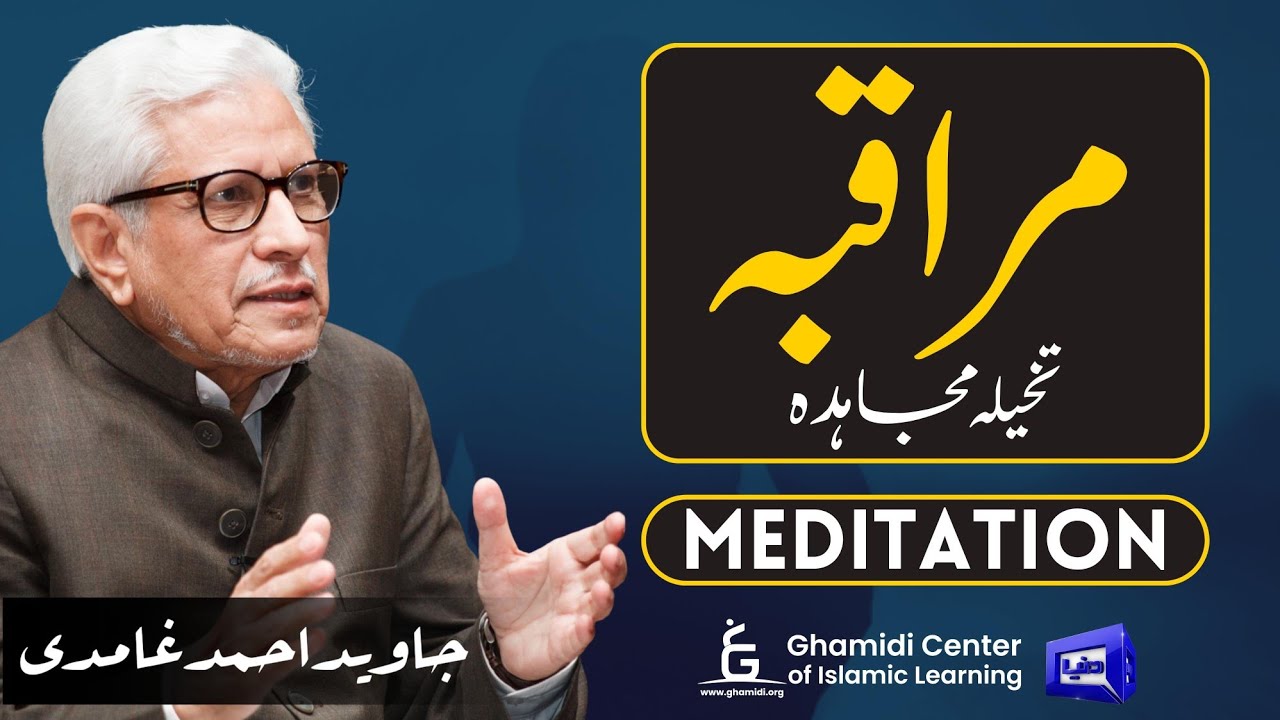Sepercik Air: Mindfulness dalam Islam
Summary
TLDRThis video explores the concept of mindfulness in Islam, emphasizing its role in achieving mental peace and self-awareness. It highlights how practices like salat (prayer) and dhikr (remembrance of Allah) serve as mindfulness tools, helping individuals stay grounded and focused in the face of life's challenges. By cultivating mindfulness, one can overcome negative thoughts and distractions, leading to a more centered, peaceful mind. The video also connects the importance of knowing oneself with the Islamic principle of finding tranquility in the remembrance of Allah, offering practical ways to incorporate mindfulness into daily life.
Takeaways
- 😀 Mindfulness in Islam helps manage anxiety, confusion, and depression by fostering self-awareness and a calm mindset.
- 😀 Life is full of ups and downs, but how we respond to challenges determines our mental state.
- 😀 Self-awareness, a key element of mindfulness, helps us understand our true feelings, needs, and beliefs.
- 😀 Constant influx of information (e.g., social media) can cause unnecessary stress and distractions, impacting mental well-being.
- 😀 Islam encourages mindfulness through practices like prayer (salat) and remembrance of Allah (dhikr).
- 😀 Remembering Allah brings peace to the heart, as stated in the Quran (Ar-Ra'd 13:28).
- 😀 Mindfulness allows us to manage our perspective, block out distractions, and focus on what truly matters.
- 😀 Regular mindfulness practices, such as meditation, prayer, and dhikr, help bring mental clarity and focus.
- 😀 Islam emphasizes being present in the moment, whether during prayer or reflection, to avoid negative thinking.
- 😀 By training our minds to be mindful, we can make better decisions and avoid unnecessary stress or anxiety.
Q & A
What is mindfulness in Islam?
-Mindfulness in Islam is being fully aware and present in the moment, focusing on one's thoughts and actions. It is about self-awareness, knowing what we believe, feel, and need, which helps us avoid being swept away by negative thoughts.
How does mindfulness help with mental health issues like anxiety or depression?
-Mindfulness helps by allowing individuals to manage their perspectives, redirect distractions, and focus on what truly matters. By becoming aware of their thoughts, individuals can better cope with anxiety, restlessness, or even depression.
How does mindfulness in Islam connect to self-awareness?
-Mindfulness in Islam emphasizes self-awareness, which helps people understand their true beliefs, feelings, and needs. This self-understanding enables individuals to remain steady and avoid being overwhelmed by negative thoughts or external distractions.
How can mindfulness be practiced according to the transcript?
-Mindfulness can be practiced through activities like meditation, prayer (salat), and dhikr (remembrance of Allah). These practices help in maintaining focus, calming the mind, and fostering a deeper connection to oneself and Allah.
What role does remembering Allah play in achieving peace of mind according to the Quran?
-In the Quran, specifically in Surah Ar-Ra'd, verse 28, it is mentioned that those who believe and remember Allah have peaceful hearts. Remembering Allah brings tranquility to the heart, which is a key component of mindfulness.
What can cause distractions that lead to restlessness, as mentioned in the script?
-External factors like social media, news, advertisements, and comparisons with others can create distractions. For example, seeing a friend on vacation can lead to feelings of anxiety or fear of missing out, even when it might not be necessary for one's own well-being.
How does prayer (salat) contribute to mindfulness in Islam?
-In Islam, salat is a practice where one is encouraged to be fully present and mindful during the prayers. The act of focusing on the recitations and physical movements during salat helps clear the mind, leading to a sense of calm and clarity after the prayer.
What is the significance of dhikr in fostering mindfulness in Islam?
-Dhikr, the remembrance of Allah, is a form of mindfulness practice in Islam. By engaging in dhikr, individuals focus their thoughts on Allah, which brings peace to the heart and helps maintain a calm and focused state of mind.
Why is self-awareness important in managing negative thoughts and emotions?
-Self-awareness is important because it helps individuals recognize their feelings, beliefs, and needs. With this understanding, they can better manage their emotional reactions, avoid impulsive decisions, and prevent being overwhelmed by negative thoughts.
How does Islam encourage reflection and mindfulness through actions like tahannuts?
-Islam encourages reflection and mindfulness through practices such as tahannuts, which is the act of retreating for contemplation. The Prophet Muhammad used to practice tahannuts in the cave of Hira to focus, reflect, and purify his thoughts, which is an example of mindfulness in action.
Outlines

This section is available to paid users only. Please upgrade to access this part.
Upgrade NowMindmap

This section is available to paid users only. Please upgrade to access this part.
Upgrade NowKeywords

This section is available to paid users only. Please upgrade to access this part.
Upgrade NowHighlights

This section is available to paid users only. Please upgrade to access this part.
Upgrade NowTranscripts

This section is available to paid users only. Please upgrade to access this part.
Upgrade NowBrowse More Related Video

How to be a Mindful Muslim | Animated Video

How to never lose control because of anyone

Meditation | مراقبہ،تخلیہ،مجاہدہ | Javed Ahmed Ghamidi| M.Hassan ilyas | Ilmo Hikmat | علم و حکمت

7 CARA MUKA GLOWING ALAMI

Hidup Damai dengan Bersyukur dan Puas I Perspektif Agama Buddha I Bhikkhu Santacitto

10 final Pembelajaran Sosial dan Emosional Berbasis Kesadaran Penuh
5.0 / 5 (0 votes)